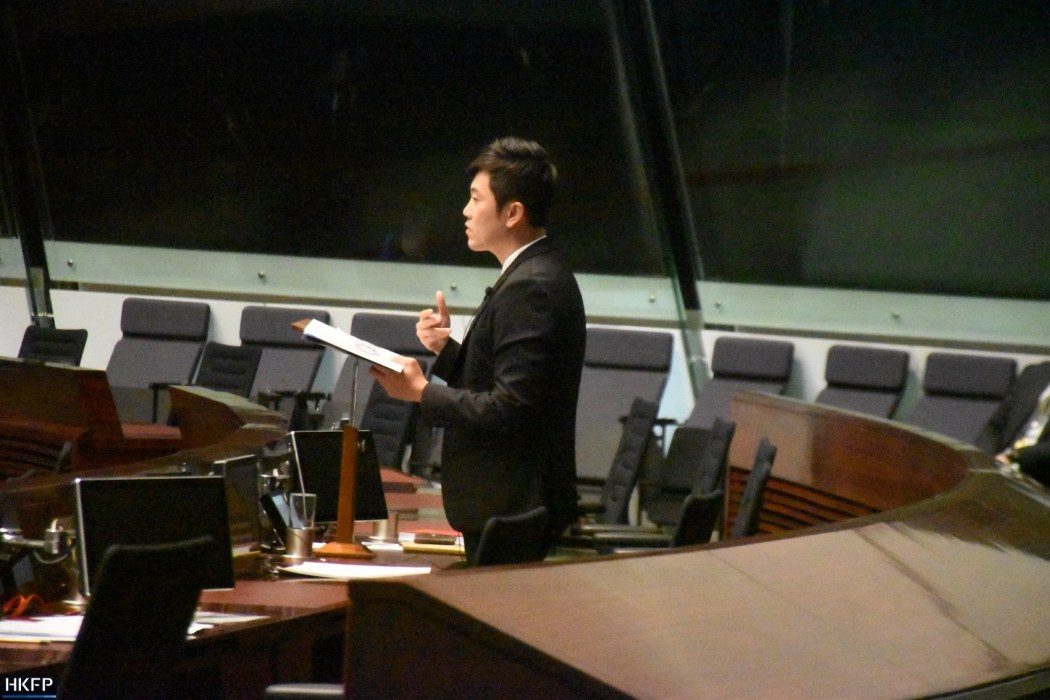Hong Kong’s Secretary for Justice Teresa Cheng has denied reports that there has been a jump in resignations from the Department of Justice in recent years, saying around 60 members of staff had quit in the last four years.
“Natural staff wastage is commonplace in any organisation, and the government is no exception,” the secretary said during a Legislative Council meeting on Wednesday.

“It is inappropriate to describe such normal personnel turnover as a so-called ‘upsurge of staff departures’.”
Cheng said the number of staff that have left her department were on par with the number of civil servants who have left government employment in general: “In the past few years, the annual numbers of departing Department of Justice civil servants were about the same, being comparable to the wastage rate of the civil service at large.”
Official figures released by the Civil Service Bureau in mid-May showed 4.8 per cent of the city’s civil servants had left in the past year. The figure includes the total employees who had left the civil service, including those who had resigned or retired.
She added that some left for private practice, while others may have left the legal profession altogether.
“Most importantly, the Department of Justice’s operations remain unaffected,” the secretary added, saying the department will reward its counsels for “outstanding performance” and provide training opportunities.

However, Secretary Cheng was accused of “dodging the question” by pro-Beijing lawmaker Paul Tse: “If the Department of Justice has the facts and figures, it should just present them,” he said after Cheng did not provide concrete figures, “If they cannot be released due to privacy concerns, they should say so.”
Secretary Cheng then said that an average of 5 per cent of her department had left over the last four years, while 60 members of staff had quit.
The secretary’s comments were made in response to questions raised by Cheng Chung-tai, one of the city’s two remaining lawmakers who are not of the pro-establishment camp after the democrats collectively resigned last November.

Lawmaker Cheng also questioned whether the secretary was refusing to provide a breakdown of staff departures from her department by year because she was “reluctant to face the reality.”
Democrats have accused the Department of Justice of doggedly pursuing political cases relating to the 2019 pro-democracy protests and subsequent national security law.
Last July, the department’s then-director of public prosecutions David Leung resigned from his post, citing differences with Cheng.
National security spending
The secretary also dodged a separate question regarding the allocation of the HK$8 billion allocated to the safeguarding of national security.

When asked whether the Department of Justice’s national security division will be funded by the earmarked $8 billion, Secretary Cheng said the Financial Secretary will submit a report to the Legislative Council “in due course.”
Authorities have remained mum on how the earmarked budget will be allocated. The sum was also not officially announced by Financial Secretary Paul Chan during the government’s annual budget reveal in February,
Hong Kong’s Secretary for Security has described the details of national security spending as “akin to war secrets.”
Support HKFP | Policies & Ethics | Error/typo? | Contact Us | Newsletter | Transparency & Annual Report | Apps
Help safeguard press freedom & keep HKFP free for all readers by supporting our team
























